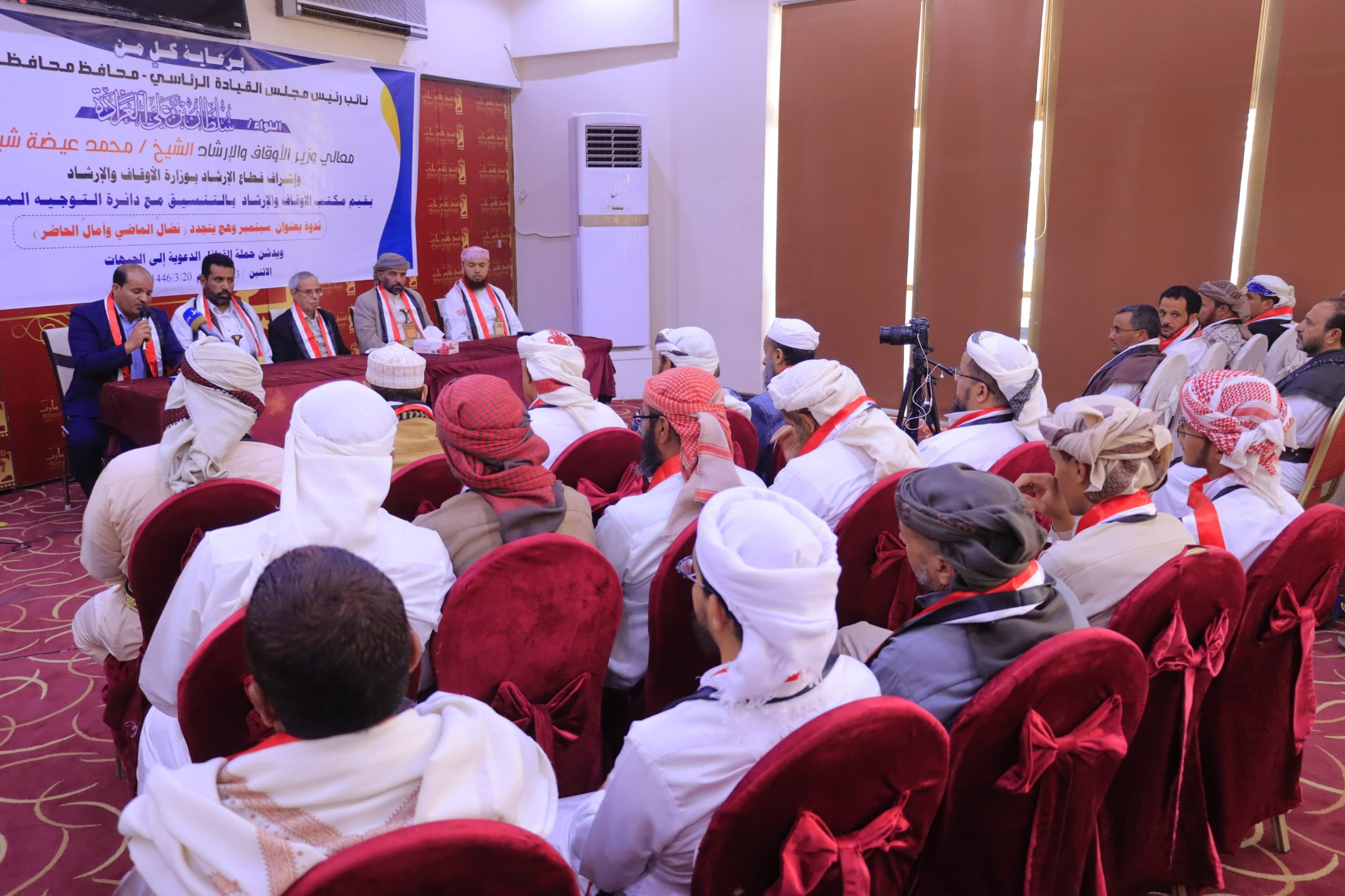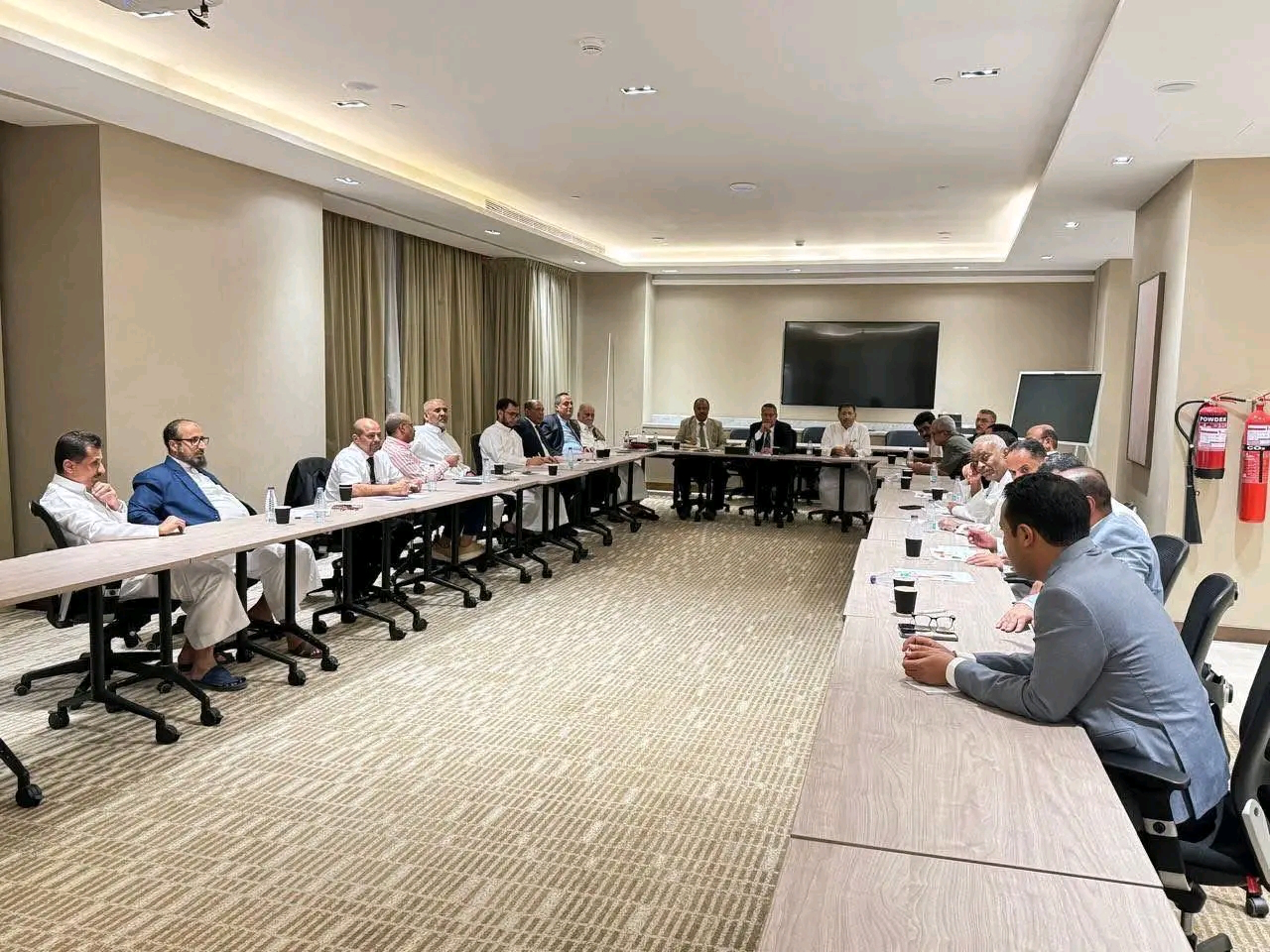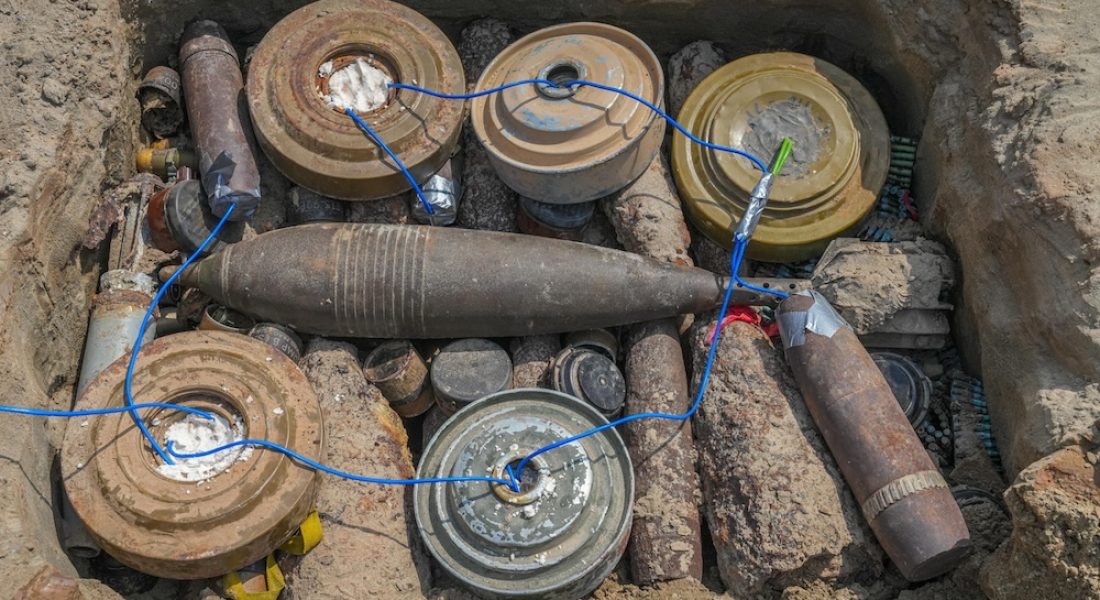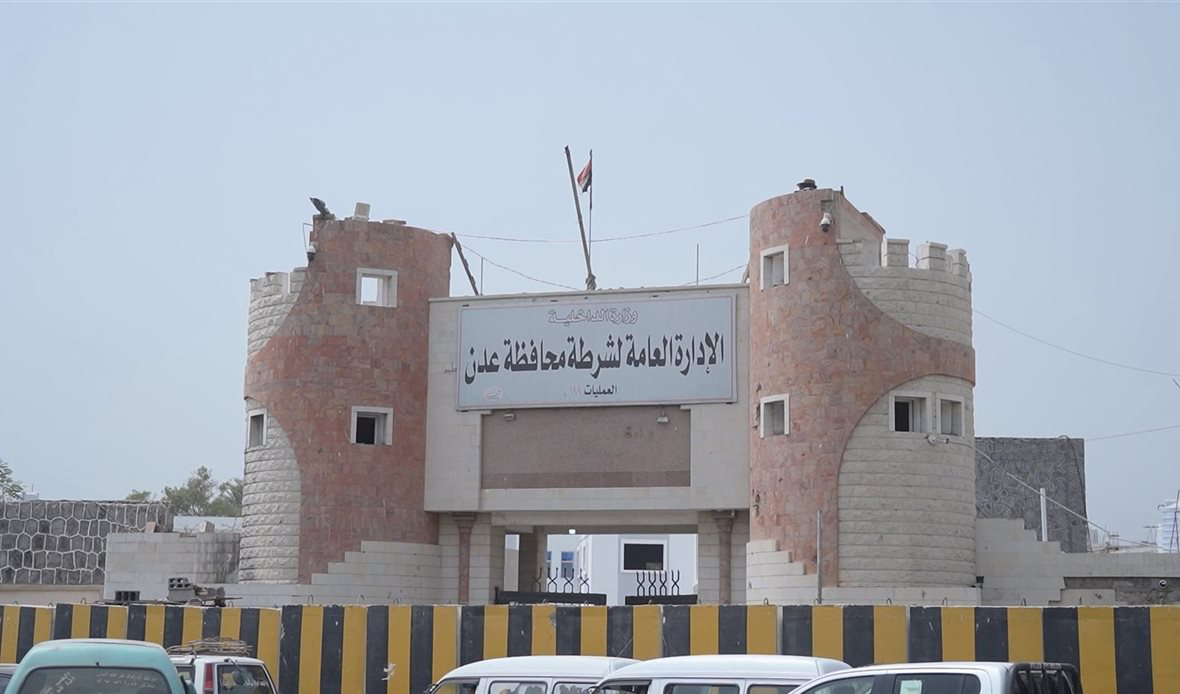
Barran Press
On September 23, 2024, an intellectual seminar titled "September: A Renewed Glow - The Struggles of the Past and Hopes for the Present" was held in Marib province, northeastern Yemen. The event was organized by the Office of Awqaf and Guidance in collaboration with the Moral Guidance Department.
During the seminar, Abdullah Al-Bakri, the province’s administrative deputy, and Hassan Al-Qubaisi, director of the Awqaf office, emphasized the significance of the September 26 Revolution, which dismantled a centuries-old oppressive Zaidi imamate system that had plunged Yemenis into poverty, ignorance, and despair. They described the revolution as a monumental human achievement that signified the rebirth of a nation and the quest for dignity, freedom, and enlightenment.
The speakers criticized the new imamate, represented by the Iran-aligned Houthi group, which is classified as a terrorist organization, claiming it seeks to reverse the progress made since the revolution. They highlighted the immense sacrifices made by Yemen’s freedom fighters to rescue the nation and build a brighter future.
Al-Bakri and Al-Qubaisi noted that the Yemeni people have come to recognize the implications of the Zaidi imamate's oppressive legacy, particularly through their experiences with the brutality of the Houthi militia. This awareness has fueled a strong commitment to the September 26 Revolution, with growing resistance against the Houthi agenda, manifesting in various forms of celebration and expression, despite ongoing repression.
They underscored the importance of formal and grassroots initiatives to educate future generations about the revolution's goals and principles while denouncing the historical injustices of the past. They called for a concerted effort to celebrate the revolution and honor its symbols, ensuring its values are instilled in the youth through educational institutions and community events.
During the seminar, veteran revolutionary leader Major General Ahmed Qarash spoke about the historical struggles that led to the monumental revolution, emphasizing the suffering endured by Yemenis under the Zaidi imams who claimed the divine right to rule. He recounted how these oppressive rulers created societal divisions and subjugated the populace, leading to widespread poverty and ignorance.
Qarash also reflected on Yemen’s history of resistance against tyranny, noting earlier revolts in 1948 and 1955 that ultimately paved the way for the successful September 26 Revolution in 1962. He positioned this revolution as a pivotal moment in establishing a republic and as a foundation for the subsequent October 14 Revolution against British colonial rule in southern Yemen.
Sheikh Mohammed Salah discussed the enduring legacy of the September Revolution, focusing on its social, human, and political dimensions. He connected the struggles of the past with current challenges posed by the resurgence of imamate ideologies through the Houthi militia, reiterating the importance of defending the principles of the September 26 Revolution against attempts to undermine it.





